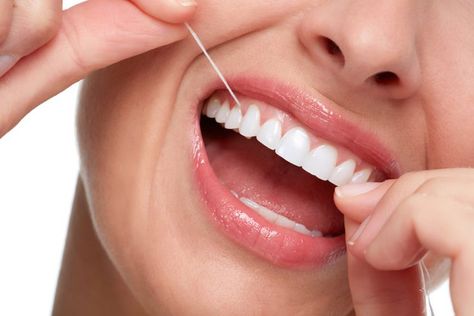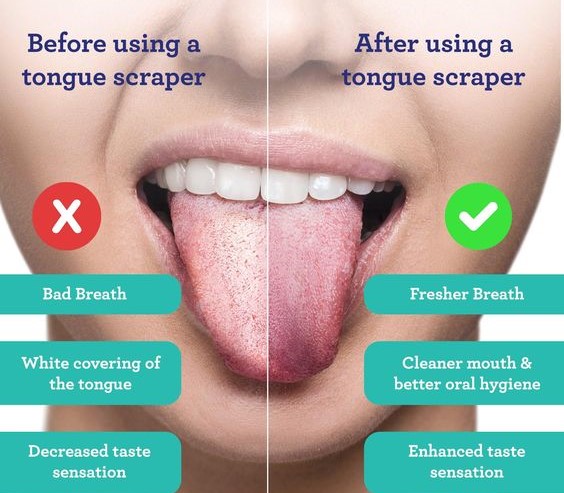When it comes to oral hygiene, the act of brushing your teeth is more than just a daily chore – it’s a science. Understanding the intricacies can lead to a healthier mouth and a brighter smile.

Plaque Prevention: Brushing removes plaque, a sticky film of bacteria that forms on teeth. This is crucial for preventing cavities and gum disease.
Mechanical Action: The bristles of your toothbrush physically scrub away food particles and bacteria from tooth surfaces. Proper technique ensures a thorough clean.
Chemical Action: Toothpaste contains ingredients like fluoride, which strengthens enamel and protects against decay. This chemical action is an essential part of brushing.
Gum Health: Brushing isn’t just about teeth; it’s also vital for gum health. Massaging the gums improves circulation and helps prevent gum disease.
Tongue Cleaning: Bacteria on the tongue can contribute to bad breath. Brushing or using a tongue scraper removes this bacteria, keeping your breath fresh.
Timing Matters: Brushing for at least two minutes ensures adequate cleaning time for all areas of your mouth.
Frequency: Twice a day is the gold standard. Morning and night brushing removes food particles and bacteria that accumulate during the day.
Tools of the Trade: Choosing the right toothbrush and toothpaste for your needs is crucial. Soft-bristled brushes are gentle on gums, while fluoride toothpaste strengthens enamel.
Professional Care: Regular dental check-ups complement your home routine. Your dentist can spot early signs of issues and provide professional cleaning.
Consistency is Key: Developing a consistent brushing routine is the foundation of good oral health. Make it a habit, and your mouth will thank you.

By understanding the science behind teeth brushing, you empower yourself to take control of your oral health. Make it a daily priority, and you’ll reap the benefits of a healthy, radiant smile.


